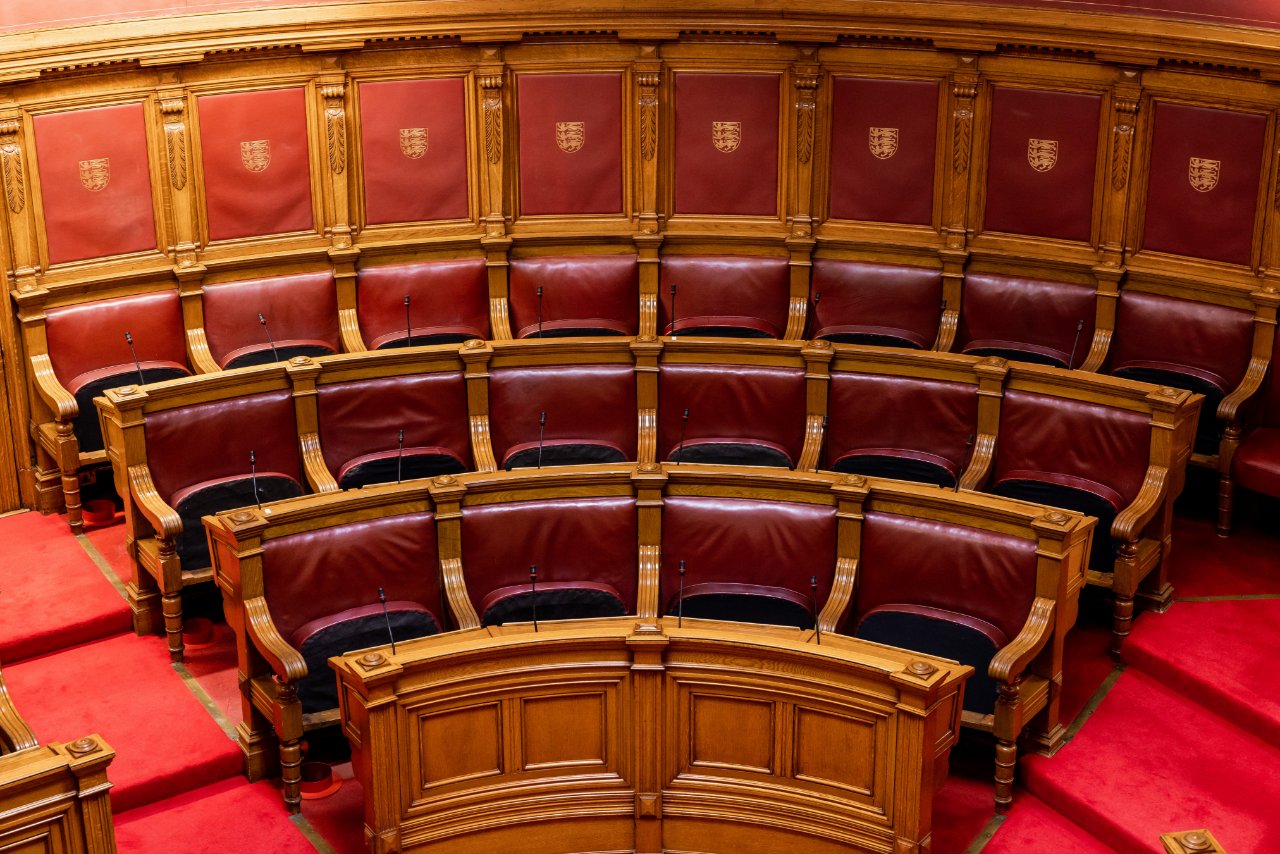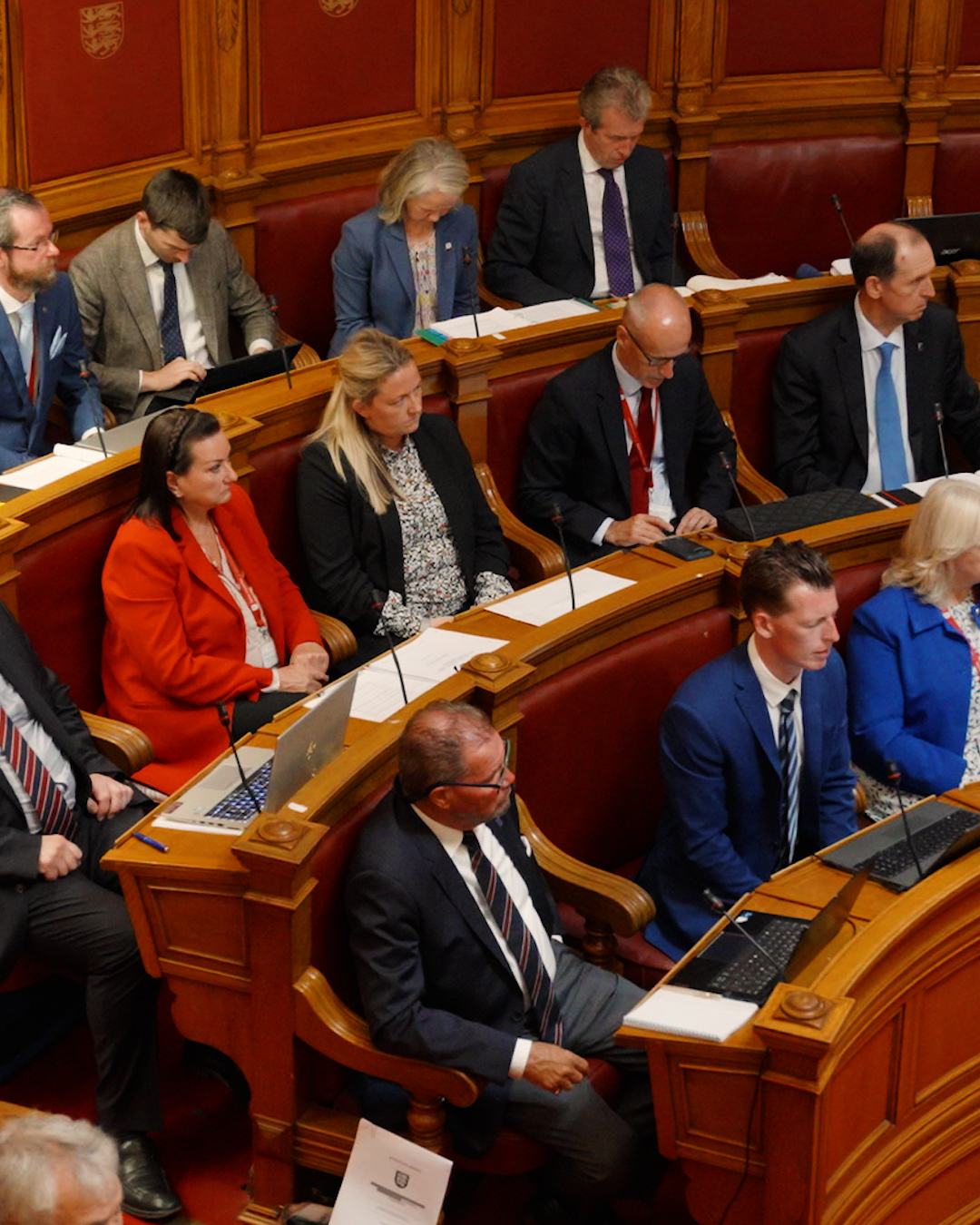The States Assembly operates according to specific legislation and rules:
- Standing Orders - a comprehensive set of rules that govern the way the States Assembly conducts its business
- States of Jersey Law - a law that defines the constitution of the States Assembly, provides for a ministerial system of government and sets out the powers, privileges and immunities of the States Assembly and States Members
- Public Finances Law - a law that describes the budget cycle that must be followed, including the role of the States Assembly, and that defines the various funds in which public money is invested
- Code of Conduct for States Members - a set of rules that describe how Jersey's elected States Members should act and undertake their role
- Scrutiny's Code of Practice and Code of Practice for Engagement - rules that set out how the States Assembly's Scrutiny Panels and the Public Accounts Committee work and the working relationship between Panels and the Committee and the Government of Jersey





.png?width=640)
.png?width=640)

